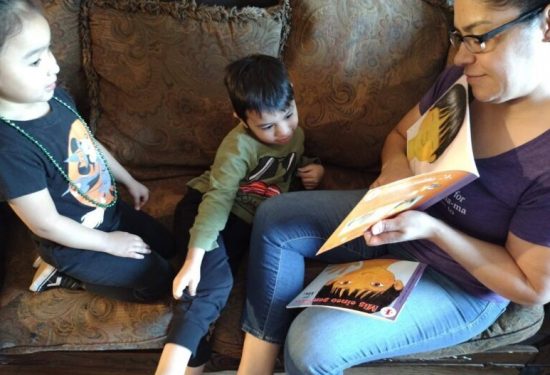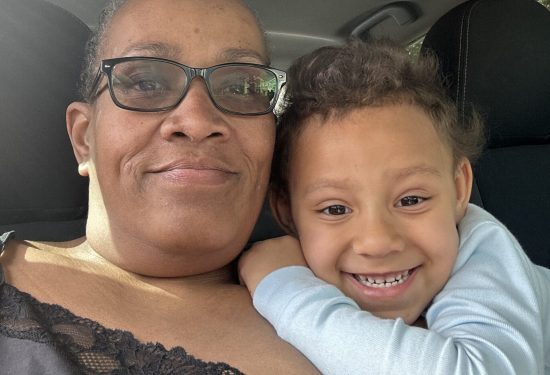COVID-19 Impact
Many home-based providers in Austin, Texas are ineligible for other public supports and funding streams. This includes providers likely to be immigrants without documentation serving children of essential workers who are also undocumented and are unable to participate in the child care subsidy system supported by the State.
According to a recent survey in Austin/Travis County, 44% of family child care homes were closed. The biggest concerns among providers were the ability to pay staff and whether families will come back after the pandemic is over.
Emergency Fund
To address these income gaps, the Success By 6 Family Child Care Emergency Fund is supporting providers to sustain the supply of home-based child care in Austin/Travis County. The fund will award 54 providers grants of up to $1,500 with the goal to address both immediate needs and long-term sustainability and quality of the in-home child care ecosystem.




